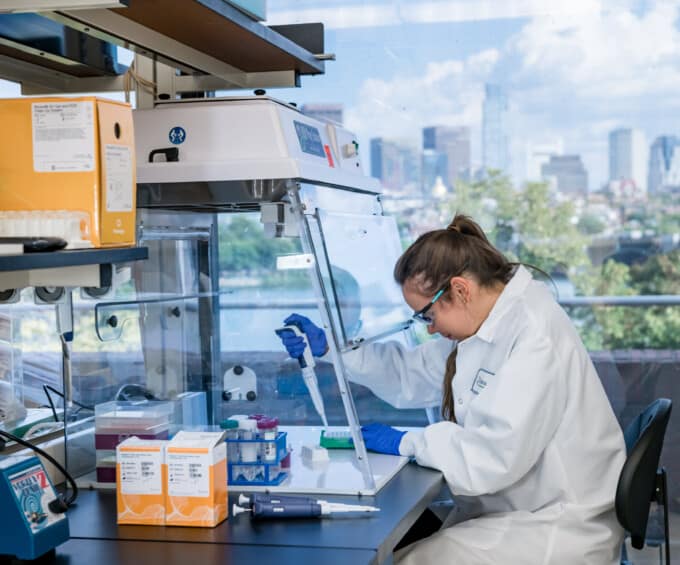
PLATFORM
RAPID PRODUCT GENERATION

Human microbiome overview
The human gut microbiome harbors an immensely diverse set of microbial species that have coevolved with us over millions of years. In large part, these microorganisms benefit the host, playing a role in shaping the immune system as well as in growth and development. However, alterations to the microbial community have been implicated in many diseases including obesity, diabetes, inflammatory bowel disease, Crohn’s disease, Parkinson’s disease, osteoarthritis, osteoporosis, and others.
Defined Microbial Assemblage™ (DMA™) technology
Solarea develops specially formulated DMA™ products consisting of synergistic combinations of probiotic microbes derived from fresh fruits and vegetables and prebiotic fibers


Solarea Bio has created a product-generating platform integrating computational and experimental approaches to launch a deep pipeline of DMA™ products backed by rigorous science in double-blind, randomized, placebo-controlled clinical trials


Microbiome and skeletal system, inflammatory conditions
A chronic pro-inflammatory status is a prevalent feature of aging and has been linked with poor health outcomes such as osteoporosis, cardiovascular disease, and other inflammatory conditions. Recently, the gut microbiome has been proposed as a regulator of the skeletal system, and this effect is thought to be mediated through modulation of the immune system.
Microorganisms in the gut produce compounds that affect the inflammatory environment and the production of immune mediators that regulate bone homeostasis. In addition to the musculoskeletal system, the gut microbiome has been linked to many other inflammatory diseases including diabetes, Crohn’s disease, cancers, and others.


Using powerful genomic and bioinformatic tools, Solarea is mining its novel microbial strain collection to design safe and efficacious DMA™ solutions intended to aid in the dietary management of these inflammatory processes.


Our approach
Discover
Exploration of the microbes colonizing healthy foods by isolating them in culture and sequencing their genomes enabling formulation of testable hypotheses.
Predict
Using these annotated genomes, we have the ability to predict and select functionalities of interest for a given DMA™ product using computational approaches and incorporating ecological insights into formulations.
Validate
Once DMA™ candidates have been predicted, their functionality and synergy are tested in vitro. Top performing DMA™ candidates are then assessed in animal models to prove their efficacy. Once proven in vivo, a lead DMA™ product is validated in human clinical trials.
